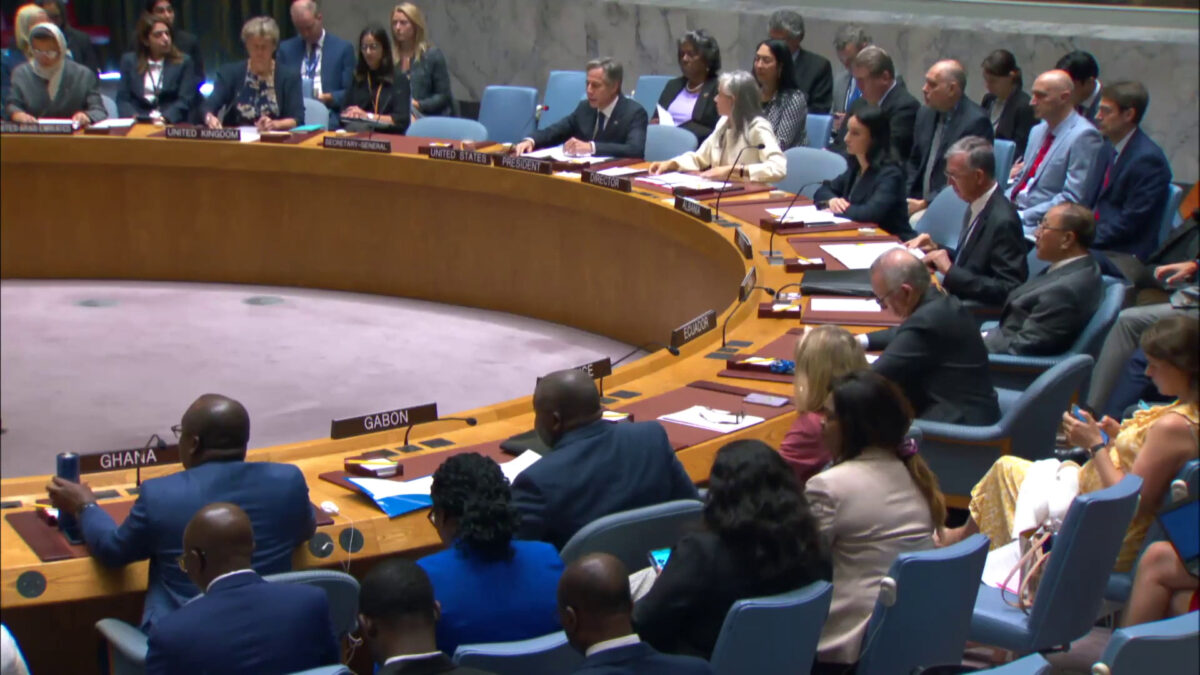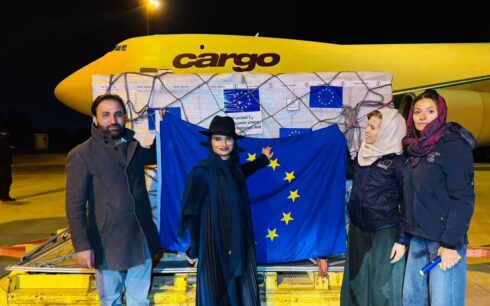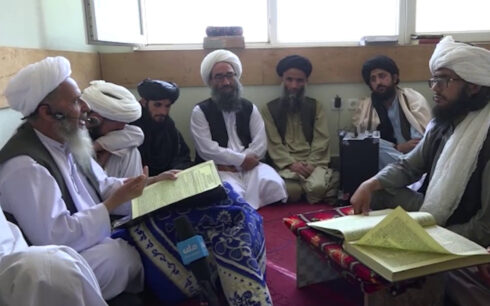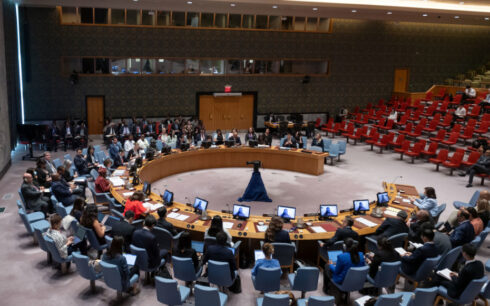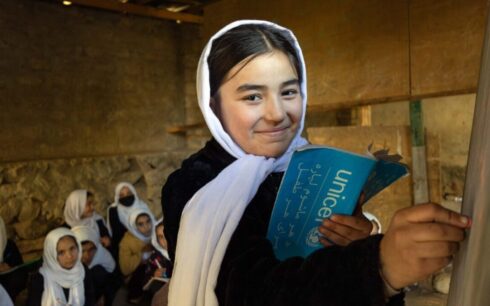During the UN Security Council’s High-level Open debate on famine and conflict-induced global food security, representatives from various nations expressed deep apprehension about the dire humanitarian situation prevailing in Afghanistan.
Among the countries represented were the UK, Russia, Pakistan, India, Qatar and Switzerland, all of whom underscored the gravity of the humanitarian crisis and voiced their shared concern for the substantial population in need of urgent assistance.
Barbara Woodward, the UK Ambassador to the UN, highlighted that the Secretary-General’s New Agenda for Peace emphasizes the necessity of revitalizing multilateral cooperation. She urged for the central role of women in peace initiatives, citing Afghan women who face heart-wrenching choices between parting with their children or enduring hunger.
Dmitry Polyanskiy, Russia’s First Deputy Permanent Representative to the UN, attributed the most severe food crises, either directly or indirectly, to the actions of the United States or its allies. He particularly cited Afghanistan’s prolonged struggle with hunger and poverty over the past two decades, blaming the repercussions of experiments undertaken by the US-led coalition to democratize the traditionally-rooted nation.
Mohammad Aamir Khan, the Deputy Permanent Representative of Pakistan to the UN, pointed out that out of the 258 million individuals grappling with food insecurity globally, 117 million reside within 19 war and conflict zones. Khan further highlighted that approximately 15.3 million Afghans are expected to confront severe food insecurity.
“Pakistan remains committed to aiding the 29 million Afghans in dire need of humanitarian support and contributing to the revival of Afghanistan’s economy,” Khan affirmed.
Concurrently, in the wake of the Taliban’s ascension to power, the group has introduced stringent policies that compound an already severe humanitarian crisis, significantly affecting women.
Notably, the group recently issued a ban on women’s beauty salons, resulting in the loss of employment for over 60,000 women who were pivotal contributors to their families’ sustenance.
The Russian representative at the UN said he maintains a stance that attributes Afghanistan’s impoverishment of the last two decades to the actions of the United States and its allies.
Data from the World Food Program paints a grim picture, indicating that poverty has deepened in Afghanistan over the past two years. Presently, a staggering 29 million Afghan citizens are reliant on external assistance.

